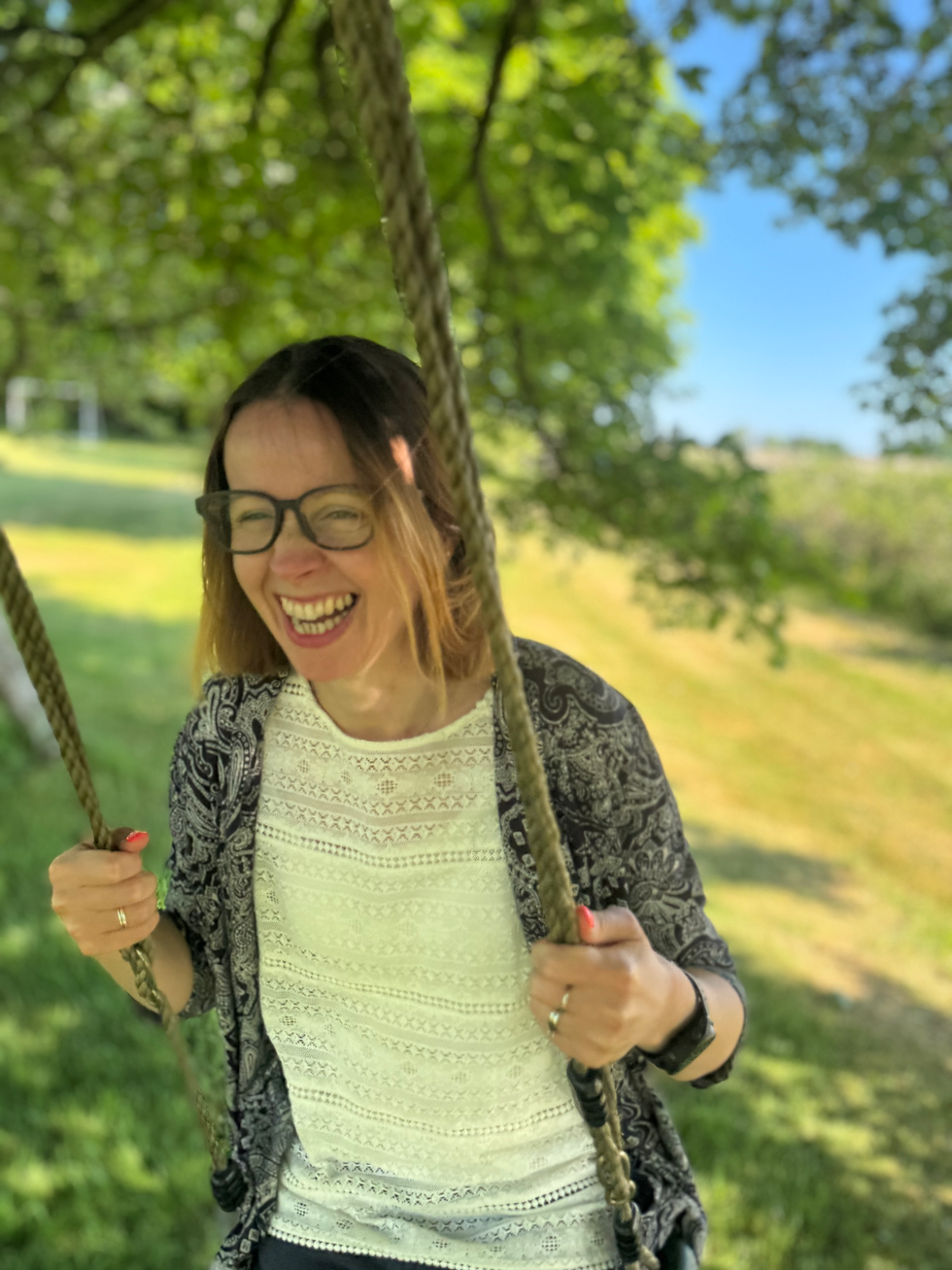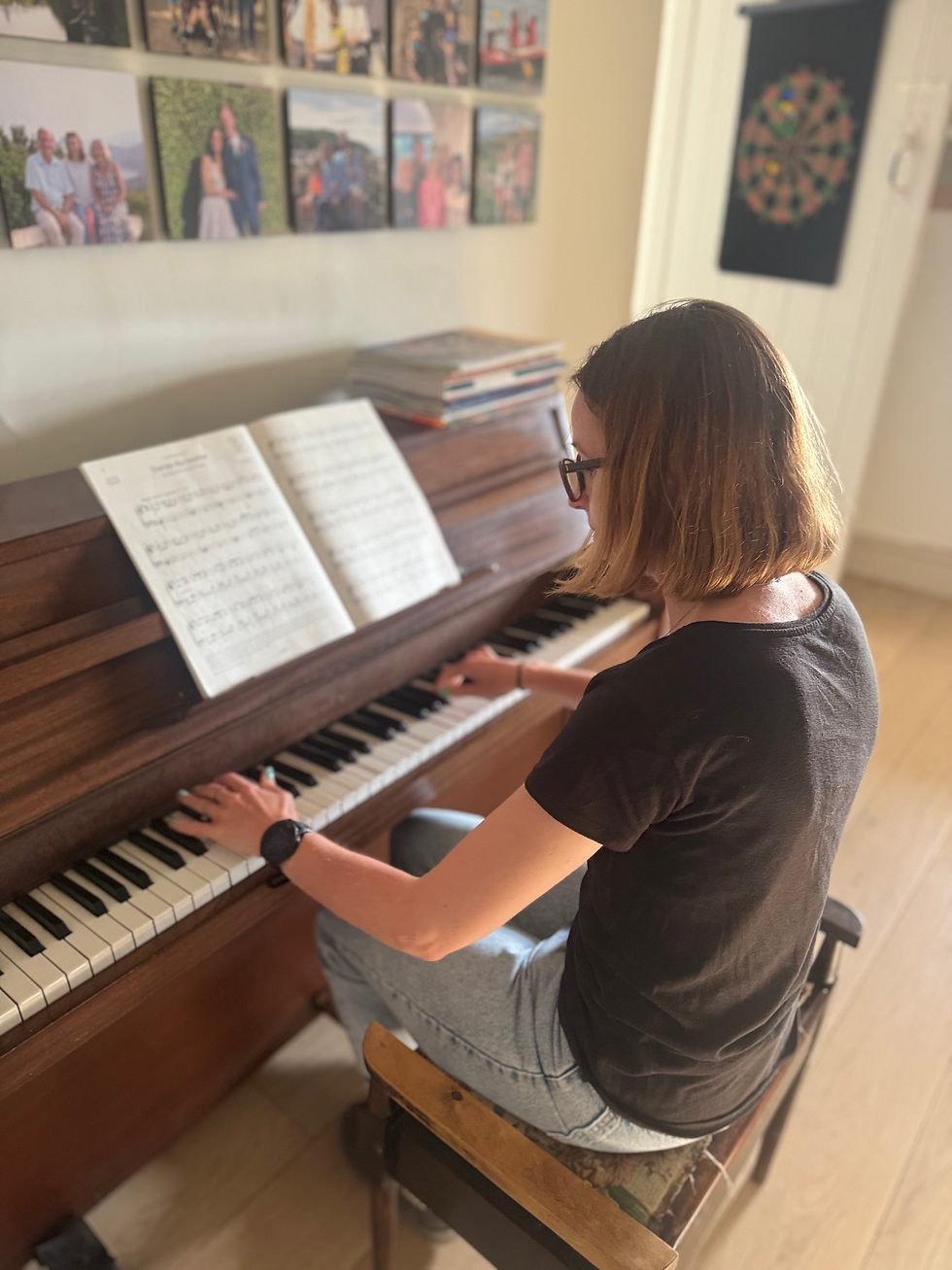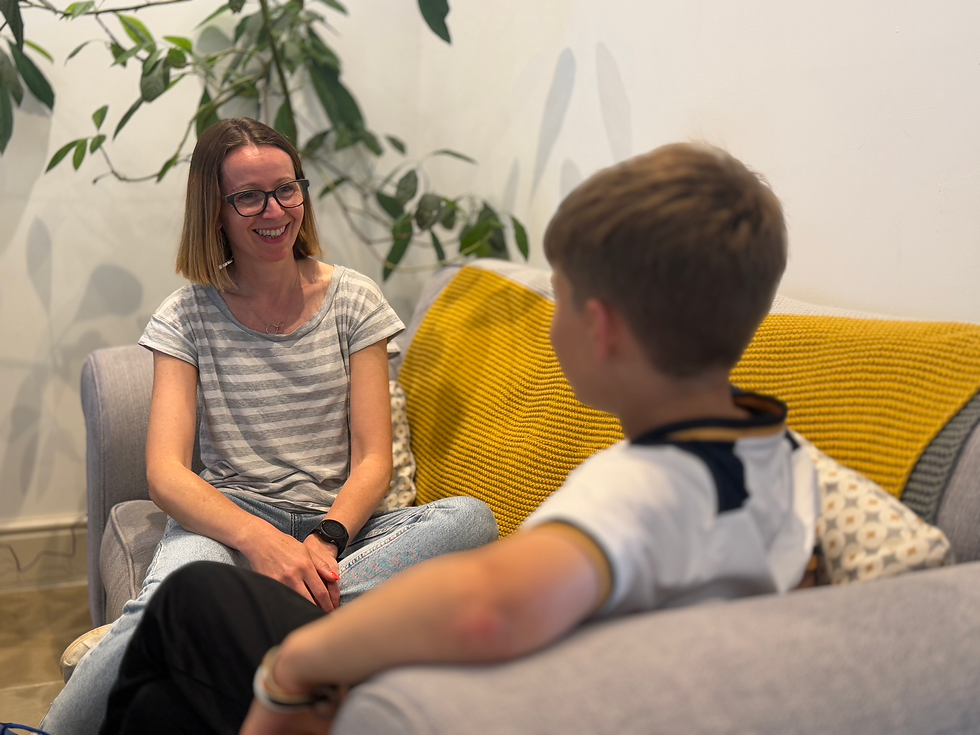Why I Became a Coach
- Dr. Gemma Goodliffe

- Jun 16, 2025
- 3 min read
Updated: Jun 22, 2025
As a paediatrician, I’ve always cared deeply about the wider determinants of health—particularly the impact of poverty on the children and families we look after. Over time, one area that became impossible to ignore was the ongoing childhood obesity crisis. The statistics are clear: obesity becomes more prevalent with increasing levels of deprivation, and it carries serious long-term health consequences. Conditions like type 2 diabetes, cardiovascular disease, liver disease, and even certain cancers become more likely. Obesity also complicates the management of asthma, kidney conditions, musculoskeletal pain, and mental health struggles.
Initially, I focused on treating the child in front of me. But it soon became clear that we needed to look beyond the individual—to the family, their routines, environment, and support network. Real change was only possible by engaging the whole family in small, sustainable shifts in their lifestyle.
We are incredibly fortunate to have the NHS, but it’s no secret that the system is overstretched and reactive. We often manage health problems only once they appear, instead of having the time and resources to prevent them in the first place.
As Desmond Tutu so wisely said,
“There comes a point when we need to stop pulling people out of the river. We need to go upstream and find out why they’re falling in.”

This was the spark that ignited my journey into health coaching.
My Turning Point
While I was searching for a more proactive way to support families, I came across a Level 5 Diploma in Health and Wellbeing Coaching. I enrolled straight away. What I learned over the course of that year changed both my professional approach and my personal life.
At the same time, life threw me a huge personal challenge: I suffered an accident and was told I would never regain the use of my dominant arm. As a busy doctor and mother constantly juggling life’s demands, this felt impossible. I wasn’t ready to accept that outcome. Instead, I threw myself into a complete lifestyle reset to give my body the best chance of recovery.

Even though we were already a fairly healthy, active family who cooked from scratch most nights, I knew I had room for improvement. Like many working parents, I sometimes relied on quick fixes—ultra-processed food, a glass of wine to unwind, caffeine to keep going. I decided to go all in. I adopted a strict physio and exercise routine, cut out alcohol and caffeine, removed ultra-processed food, and introduced daily gratitude practice.
The coaching course itself gave me another powerful tool: accountability. Each week, I was coached by a peer. Talking through my goals and progress, reflecting on my values, and being gently challenged to overcome barriers made a huge difference. It wasn’t just me who benefited—my whole family made changes that stuck.
A year later, despite the odds, I had regained full use of my arm. More importantly, we had rebalanced our lives. I was the happiest and healthiest I’d ever been.


Coaching Beyond the Clinic
My love for coaching didn’t stop there. Throughout my medical career, I’ve always supported junior doctors and colleagues, especially those navigating difficult times. That work led me to a specialist role supporting neurodivergent doctors, and eventually becoming the Trust’s Neurodiversity Support Lead for Resident Doctors.
The coaching tools I’d learned became invaluable—not just at work, but at home too. Keen to expand my skills even further, I undertook specialist training to become a qualified ADHD coach.
Being a doctor is an enormous privilege. I cherish being able to support families through some of their most frightening moments. But coaching offers something different—it’s proactive. It empowers individuals and families to take control of their own wellbeing, step by step, with me as their guide.
Why I Coach

Coaching is about clarity, accountability, and making sustainable changes. It’s not about overnight transformation or perfection. It’s about understanding your values, setting realistic goals, and committing to small, achievable steps. I’ll be with you through the setbacks as well as the successes—your coach, guide, and personal cheerleader.
Because I believe everyone deserves the chance to feel well, live fully, and thrive—not just survive.





Comments